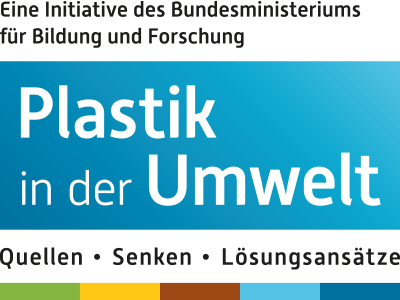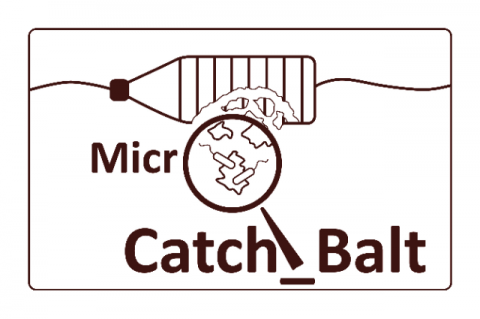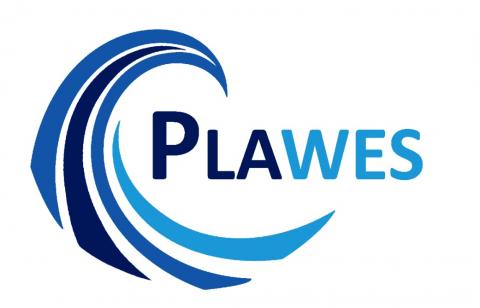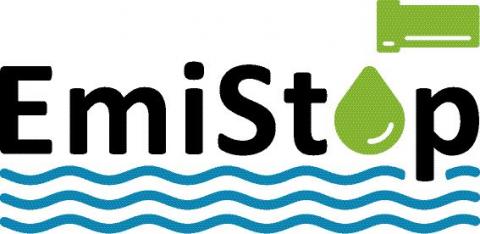Factsheet 4: Tracer-Based Sorting with Fluorescent Tracers - Efficient and flexible sorting of plastic packaging
The German Packaging Act calls for a significant increase in recycling rates for plastics. In order to be able to produce high-quality recyclates, plastic articles must be separated by type. However, there is currently a lack of satisfactory identification options for the many different plastics.




